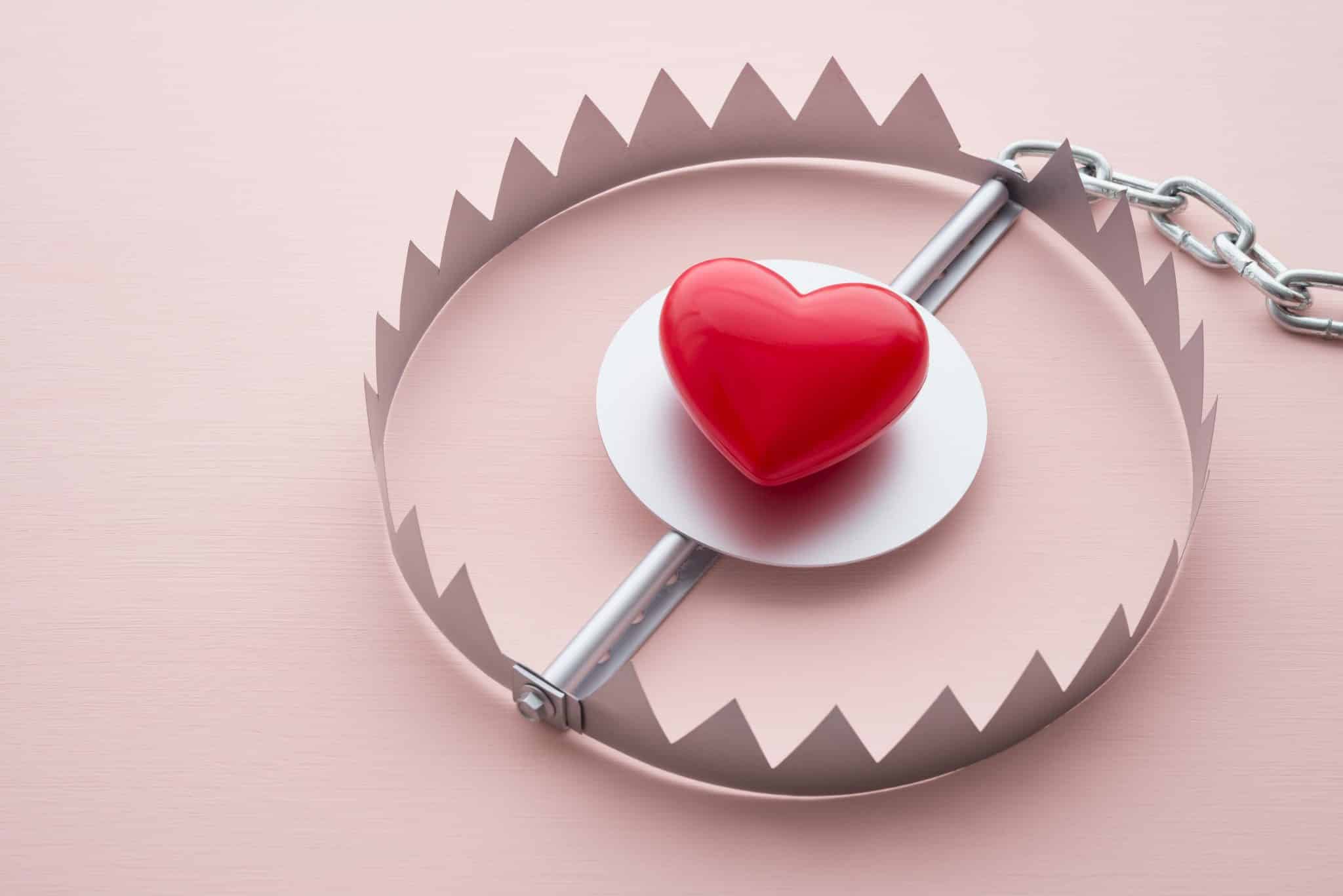Co-dependency in relationships is an unhealthy partnership where one feels they cannot be without the other person and the other person often takes advantage. Key themes in co-dependent relationships often involve fear of abandonment and lack of boundaries.
Co-dependency is a learned behaviour based on unconscious false beliefs, often from our early development attachment and experiences, linked with culture and gender and passed through many generations.
“I am not good enough”, “unlovable”, “my needs are less important”, “I am selfish if I look after myself”, and “I am responsible for fixing everything and everyone”. These ideas of self all underpin a co-dependent belief system.
Healthy partnerships are based on trust, honesty, communication, negotiation and, at times, compromise. Clear boundaries are made and recognised by both partners in the relationship. Both partners strive for an equal balance of power and have respect for the other person’s decisions and independence.
On the other hand, a co-dependent partnership will see an unbalance of power and a hierarchy of priorities that benefits one person only, leaving the other dependent on them to feel they have a purpose.
Roles and dynamics can be unconscious and seen, for instance, when one person is complacent about the other’s addiction to feeling needed and relied upon. This person will involuntarily enable the addiction because of the unconscious fear that they will one day recover, survive independently and leave. With no boundaries or lines to cross, the addict will know that the other person will never go.
It is essential to say that co-dependent relationships, although unhealthy, can paradoxically give people a sense of safety, predictability and security which can make change even tougher.
This short blog post includes the warning signs of a co-dependent relationship and the cause. At the Leone Centre, we are here to help you to develop awareness and understanding. Healing is ultimately becoming freer and making the choices that help you achieve positive change for your future.

It is essential to recognise these signs and symptoms and that a person can experience one or all of these traits as no two individuals nor two relationships are precisely the same.
What is on this page
What are the warning signs of a co-dependent relationship?
- It is unable to recognise differences or hold the other’s opinion at value when it is not the same as yours. The expectation of sameness, thinking and wanting the same things and having the same views.
- I am being unaware or dismissing how you or the other feels.
- You pay more attention to the other person’s feelings than how you feel.
- We hold a low opinion and regard of ourselves.
- Feeling relaxed around other people and stressed when around your partner.
- Heavily dependent on the other person to achieve happiness and allow your partner to control your feelings.
- The co-dependent person is not taking responsibility for their limitations and self-development.
- Frequent arguments occur and questioning your relationship whilst feeling like you are stuck.
- I am receiving and accepting emotional and physical abuse.
- I want to leave the other person however experience fear of being alone.
- Struggling to make decisions, express how you feel, or say “no” in fear of your partner’s reaction and them not approving.
- I was feeling lost and out of control when they were not around.
Symptoms of Co-dependency
- Relying on others to find contentment
- Comparing oneself to others
- People pleasing
- Lack of boundaries
- Seeking approval and acceptance from others
- Low Self-esteem
- Heightened emotions and stress
- Feeling lonely and numb
- Poor Communication skills
- Avoiding confrontation

What are the causes?
Several factors within one’s life can cause co-dependency. However, it is commonly found that co-dependent predisposition results from a person’s upbringing. Understanding is the first step towards change.
Co-dependency can also be a knock-on effect from being around other unhealthy relationships and experiencing past trauma such as abuse, violence, traumatic divorce, neglect, and having inappropriate responsibilities as a child, like being the carer or protector of a parent. Processing these experiences and consequently developed beliefs help self-healing and freeing.
Co-dependency can often be unintentionally self-inflicted. When a person fails to recognise their self-worth and feels unable to love themself or feel validation without another person’s approval, this can result in co-dependency. These feelings can be due to childhood issues, but they can also be an underlying feeling of self-rejection.
Making changes
The first step in changing a co-dependent relationship is becoming aware and identifying a problem. Taking the leap and asking for help is often the most challenging thing. Still, essential to begin moving towards a relationship where each person is capable of self-care and responsibility.
Learning to stop relying on others to approve your worthiness will ensure small but significant changes to a relationship. Learning to say “no” as an assertiveness practice can also help with self-love, self-care, looking after yourself, being true to yourself and saying it as it is for you.
Awareness and understanding of how you feel about yourself, how you have been loved and how you love can invite positive change where you can begin to experience self-worth. Receiving love and sharing love are two vastly different relationships.
We recognise that changing a co-dependent relationship can be complex and overwhelming. Individual or couples counselling is a step in the right direction towards making positive changes within your relationship or making the difficult decision to walk away.

